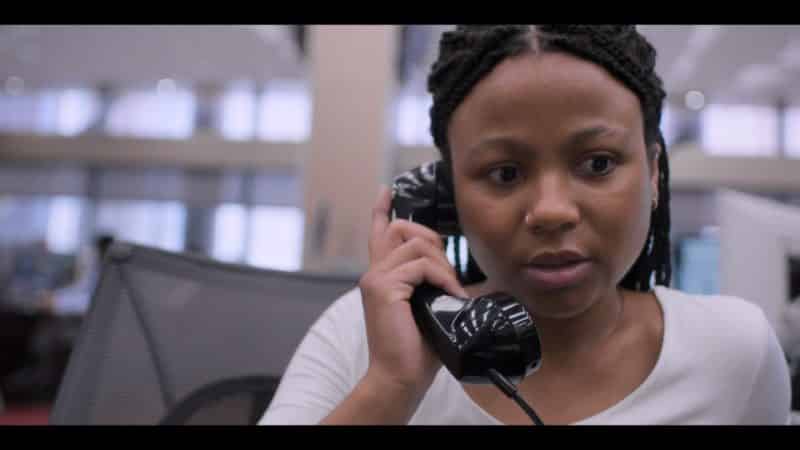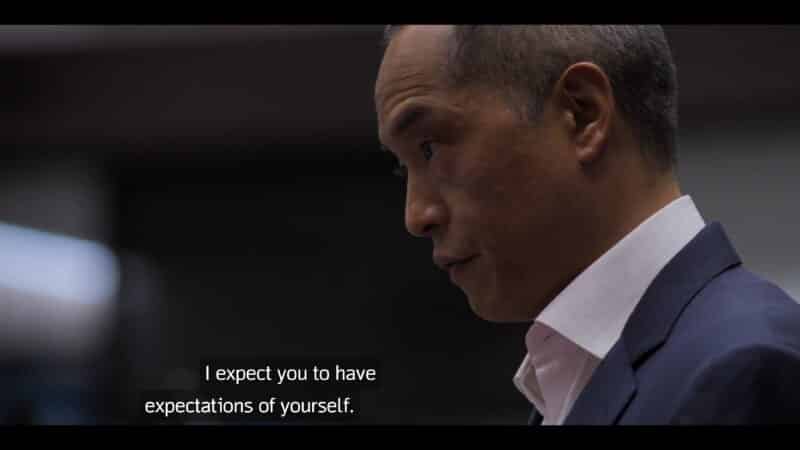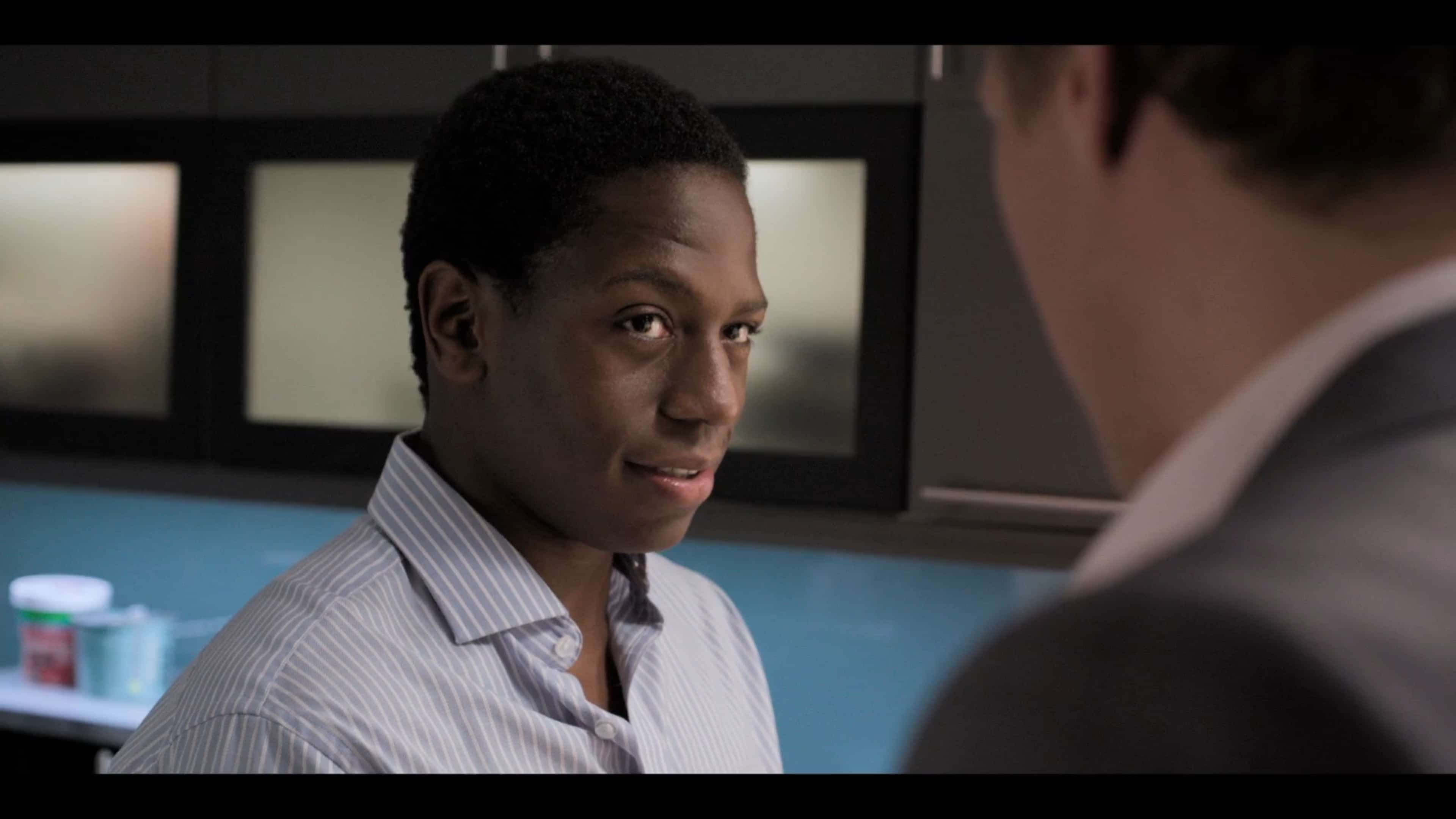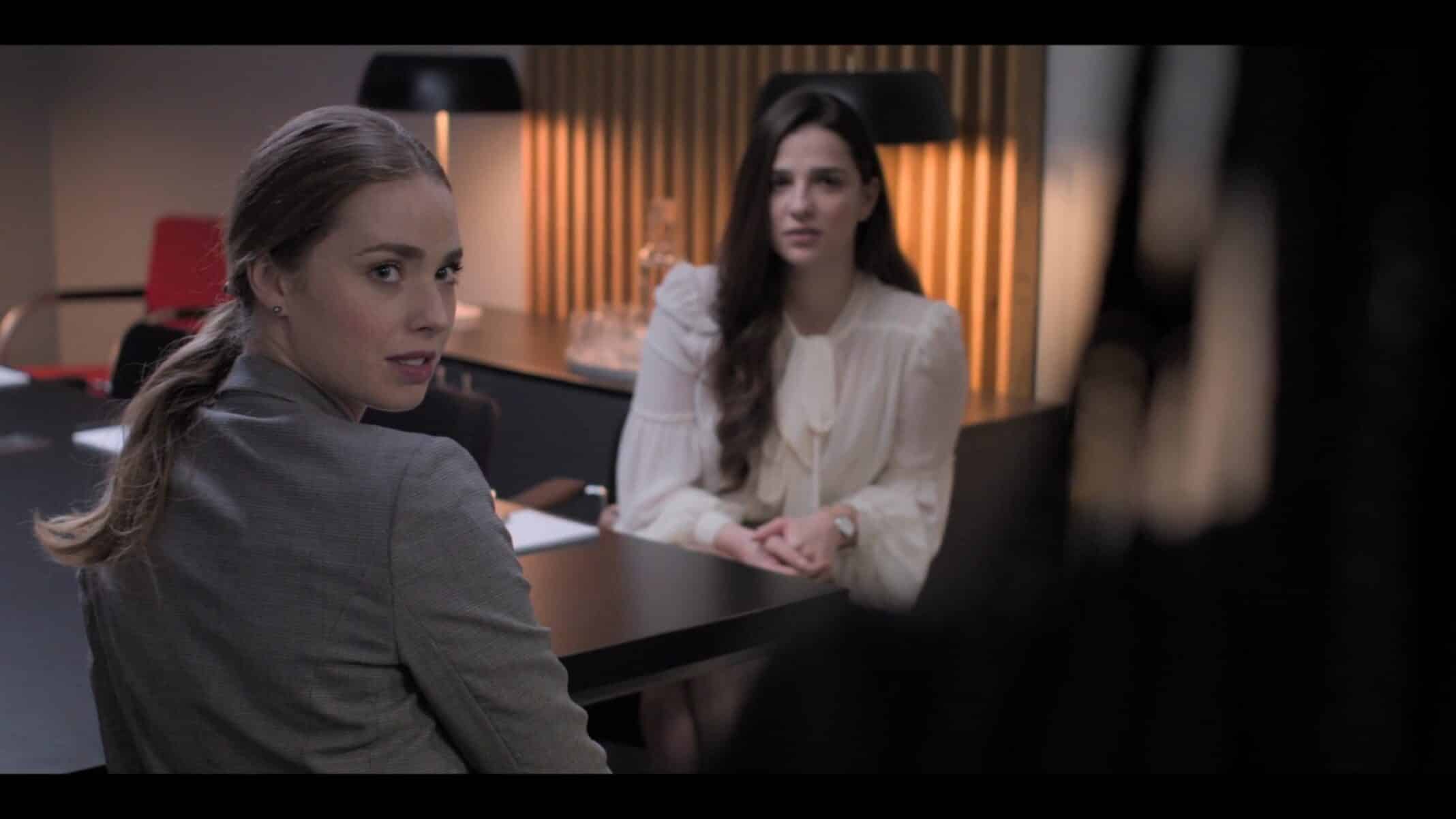Industry: Season 1 – Review/ Summary (with Spoilers)
While Industry does not have every character live up to its potential, Myha’la Herrold and Ken Leung damn near save the show.
![Title Card (Basic) - Industry Season 1 Episode 1 Induction [Series Premiere]](https://wherever-i-look.com/wp-content/uploads/2020/11/Title-Card-Basic-Industry-Season-1-Episode-1-Induction-Series-Premiere-scaled.jpg)
Spoiler Alert: This summary and review contains spoilers.
Additionally, some images and text may include affiliate links, meaning we may earn a commission or receive products if you make a purchase.
While Industry does not have every character live up to its potential, Myha’la Herrold and Ken Leung damn near save the show.
| Network | BBC Two & HBO |
| Creator(s) | Mickey Down & Konrad Kay |
| Aired | 11/9/2020 to 12/21/2020 |
| Episodes | 8 |
| Genre(s) | Drama, Romance, Young Adult, LGBT |
| Noted Cast | |
| Harper | Myha’la Herrold |
| Gus | David Jonsson |
| Yasmin | Marisa Abela |
| Robert | Harry Lawtey |
| Eric | Ken Leung |
| Sara | Priyanga Burford |
| Felim | Andrew Buchan |
| Daria | Freya Mavor |
| Clement | Derek Riddell |
| Seb | Jonathan Barnwell |
| Kenny | Conor MacNeill |
| Theo | Will Tudor |
| Hari | Nabhaan Rizwan |
This content contains pertinent spoilers.
Season Summary
Over 6 months, we follow a handful of graduates at Pierpoint & Co. as they navigate the politics, the lack of safeguards and often mentorship, and trying to make themselves worthy of surviving the reduction in force day forthcoming.
Review
Highlights
Every Graduate Had Potential In The Beginning
When Industry began, nearly every graduate had something to draw you in. Harper, our personal favorite, was unqualified, an American immigrant, but she had drive. Alongside that, she was a Black woman with this weird past that just added a whole other layer to it. Also, there was Gus, this gay, dark-skinned, Black guy, highly educated, seemingly from an affluent family, that, as an American, you don’t usually see when British shows get imported here. Especially if crime or life in the estates aren’t involved.
From there, we had Yasmin, a young woman who had this mix of trying to deal with paying her dues, whose family was foreign, but she cleared had the connections and education for that to not hold her back. Well, at least on paper. More so, her sex than ethnicity held her back. Oh, and speaking of sex, she had this weird relationship with Robert, a nice but simple fellow, which raised an eyebrow.
Harper
While all of the graduates had potential, Herrold, as Harper, was the only one who really lived up to it. As a transplant, a young Black woman, struggling with the cost of living in England, primarily alone, it was easy to connect with her. Everyone else had wealth or seemingly attached themselves to the right people, Harper began things as that underdog you immediately connect with.

But, unlike most underdogs, you don’t feel like anything was ever handed to her too soon or that she didn’t earn what she was rewarded with. Be it cheaper rent after defending Yasmin, stepping up and making money for the company, or even earning Eric’s mentorship, Harper is a hustler.
And to add to that, when we got to know her on a personal level, it just made you adore her even more. Now, admittedly, the whole twin brother thing didn’t hit that hard since we didn’t meet the twin, and there were times they didn’t seem real. However, as her ex arrived, and we learned why Harper dropped out, it hit you that she dealt with something real.
On top of that, if you look at how Harper handles stress throughout the season, even her relationships, you see a sort of desperation. If not, to give Harper some grace, the realization of her finding herself in a place of privilege and having a bit of imposter syndrome. And it is in watching her sometimes go the extra mile, if not beg, that you emotionally connect to Harper in a way that is not available to you with the rest of the cast.
Eric’s Relationship with Harper
One of the reasons Harper is able to be so great, professionally, and you get invested emotionally is because of Eric. Now, Eric is by no means a saint. Eric is very much a man who can be seen as toxic. This is shown through how he openly embarrasses people and continues the same culture that was oppressive and racist against him. Never mind how he talks to his wife.
Yet, with Harper, you not only see a softer side to him, similar to how he is with his daughters, but you also get a recognition of what it is like to be a person of color in a world that, traditionally, excluded you. This is why we perhaps like Harper and Eric so much. Unlike with Gus, or even Sara, there isn’t this vibe they only hone in on one aspect of who they are and barely do that. As individuals and separately, with Harper and Eric, you are forced to recognize everything that is against them and why it makes how far they’ve come and are willing to go so important.

Because, just specifically with Eric, you see him, with one client, Felim, act similarly to Harper when he fears losing that client. Which, even though Eric has others, further shows, no matter how long you are in the industry, there can be that fear that you working twice as hard may never be enough and that one screw up could end it all.
Daria’s Rise & Fall
Daria plays a vital role in understanding the complexities of people of color, women of color especially, and their relationship with white women. As shown through Daria’s relationship with Yasmin and Sara, they can be great allies. However, as shown with Eric, they can also be seen as snakes in the grass, who may share some realm of oppression, but don’t know the levels you experience.
Then with Harper, she gets hit with the hot and cold nature. In one situation, Daria can seem like she wants to mentor Harper, mold her, yet in the next talk about how she doesn’t fit the culture. Then flip it and, when she needs Harper to take down Eric, be friendly again.
And it is that back and forth and lack of understanding that helps you differentiate the mentorship that fosters growth, like Eric’s, even though he had his moments, and Daria, who seems to not be investing in you as much as creating a safety net.
The Office Politics
As touched upon, Daria worked to get Eric out, as did others, and while the office politics didn’t play a notable role, it was prominent enough that you could see Pierpoint as a chessboard. One in which grads were moved around as the more senior employees saw fit, used with certain clients to bolster or protect their position, and there were even attempts to sacrifice them. It all created this dance that may not have been a major driving force behind the show, but you could see it played up in future seasons.
On The Fence
Robert, Gus, and Yasmin
Of the grads we get to know, only Harper really excels in all aspects she could have. When it comes to everyone else? They pretty much stall. Robert’s role as this bi-sexual dude who lives up to the former expectations of how account managers could/would act isn’t strongly touched upon. And while, with his boss, Clement, there were moments when they touched upon Robert’s personal life, as well as how he can offer a friend and advisor in business, but rarely did you get anything compelling.
The same goes for Yasmin. Her relationship with Seb, and her fascination and lust for Robert, it was a bit of a disservice to her. Granted, Yasmin did seem like she tried to balance being a woman and the expectations that come with trying to be one of the guys. However, it was awkwardly executed more often than not, and then when you add her mother and the friend of her father, Kenny, and even her relationship with Daria, it just didn’t make for a good character arc. If anything, far too much was thrown at her, and while you could see the point was to have her struggle in juggling it all, it never made her into someone compelling – just a hot mess.
Leading to Gus. At times, it seemed like the idea for the character was good, it worked in pre-production, but as the show was cast and filmed, they stepped back, reevaluated, and weren’t sure what to do with Gus. He is a highly educated Black man, well to do family, as mentioned previously, and very much gay. Which, for most of the series, is his claim to fame, screwing Theo who lives with his girlfriend.

Outside of that? He just flounders. After his department is folded, he just exists. When Theo isn’t around, he is just a Black person in the room, and while you can see Sara wants to use him for this new Pierpoint she is creating, he sees through her game. Making the way Gus ends the season not only a shock but perhaps the most entertaining thing done with him all season.
Hari
While’s Hari’s death is important, story-wise, it didn’t feel as impactful as it should have been. At times, it seems Hari was killed off just to trim how many characters were focused on, similar to how Gus felt downgraded as if the character’s role was reconsidered. Making his death a catalyst for many, yet an afterthought, despite the consistent reminders Hari didn’t die off screen, before the show began, but early on.
Overall
Rating: Positive (Watch This)
While the first season of Industry didn’t live up to its potential, there remains the possibility that season 2 can take advantage of what season 1 didn’t. Especially considering the decisions in the season finale, which brought Eric back, ended Daria’s career at Pierpoint, and much more.
Hence the positive label. In season 1, Eric and Harper held the show down as others were explored, and there was a clear experiment to see what could and what didn’t work for them. But, even with those experiments leading to the majority of the graduates not reaching the heights you may have expected, more than enough was presented to feel entertained and glad this was renewed for a second season.
[ninja_tables id=”53444″]
TV Shows We’re Covering This Season
Images used for editorial and commentary purposes. All rights remain with their respective copyright holders.



